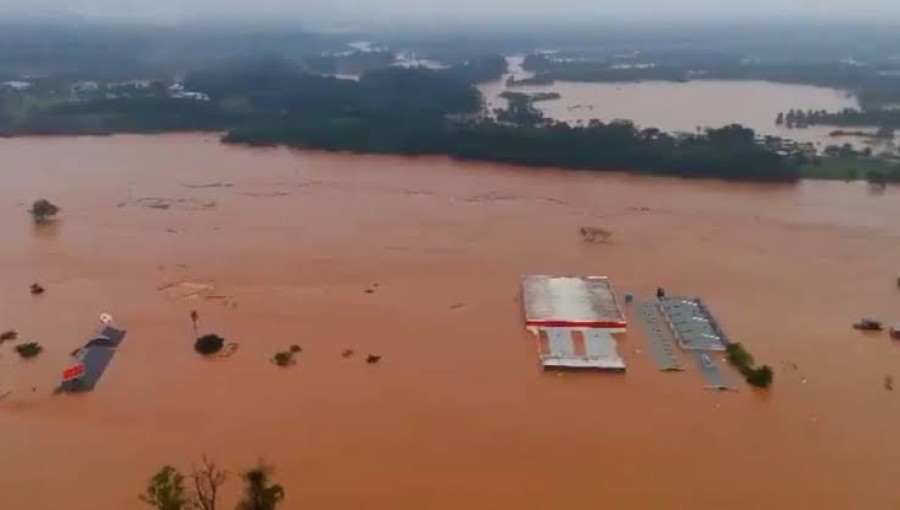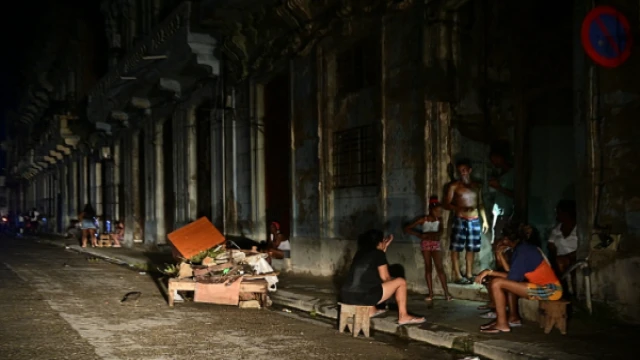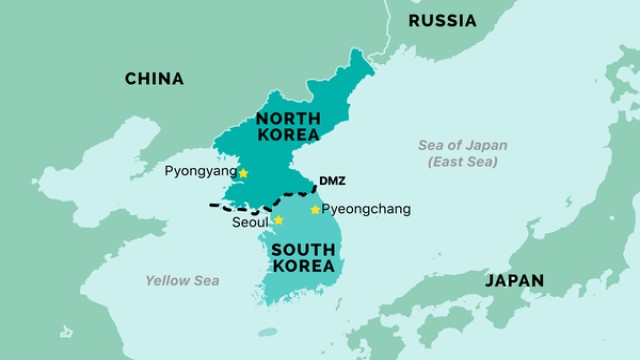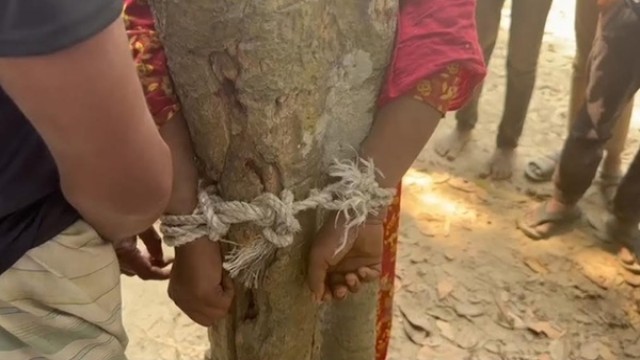Days of heavy rains have triggered severe flooding in Brazil's Rio Grande do Sul state, claiming the lives of 143 people and leaving 125 others missing. The situation remains dire as all rivers in the region continue to swell, prompting widespread displacement and rescue efforts.
The relentless downpour, which began approximately two weeks ago, has inundated Rio Grande do Sul, with meteorological authorities describing the ongoing situation as "extremely worrying." Metsul, the country's meteorological service, has issued warnings as rivers rise at an alarming rate, exacerbating the crisis.
As a result of the flooding, an estimated 538,000 individuals have been displaced from their homes, seeking refuge in makeshift shelters established by volunteers. Brazilian President Luiz Inacio Lula da Silva has vowed to rebuild everything destroyed by the disaster, offering reassurance to affected communities.
Last Sunday, heavy rainfall intensified the already dire conditions in Rio Grande do Sul, with further rain forecasted for Monday. The state administration has cautioned residents, particularly those near Lake Guaiba, of potential record-level rises in water levels.
The impact of the disaster extends beyond loss of life, with the flooding disrupting transportation networks and causing shortages of essential supplies in affected areas. Roads have been submerged, hindering access to emergency services and relief efforts.
With a population of 1.9 million, Rio Grande do Sul faces significant challenges in managing the aftermath of the storm and subsequent floods. Many rivers and lakes have surpassed previous height records, exacerbating the scale of the disaster.
Local scientists attribute the intensity of the adverse weather conditions to climate change, emphasizing the vulnerability of regions situated at geographic junctions between tropical and polar climate zones. The increasing frequency and severity of extreme weather events highlight the urgent need for proactive measures to mitigate the impacts of climate change.
As Rio Grande do Sul grapples with the devastation caused by the floods, rescue operations and relief efforts are underway to support affected communities and restore normalcy. The tragedy underscores the importance of climate resilience and adaptation strategies in safeguarding vulnerable regions from the escalating threats posed by climate change.




























Comment: